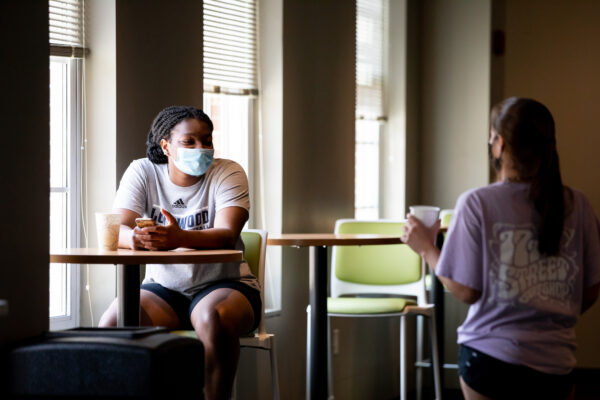The Gen Z Workforce: Addressing Mental Health and Well-being
Title: The Mental Health and Wellbeing of Young Professionals
Authors: Mary Christie Institute, the Healthy Minds Network, the American Association of Colleges and Universities, and the National Association for Colleges and Employers
Source: Mary Christie Institute
The Mary Christie Institute, in partnership with the Healthy Minds Network, the American Association of Colleges and Universities, and the National Association for Colleges and Employers, have released a new report that provides insight into the mental health and well-being of the new Generation Z workforce. The report draws attention to how the work environment changed because of COVID-19 for this particular age group, and the resulting increase in mental distress.
The 2022 survey covered a total of 1,005 adults between the ages of 22 and 28 with at least a bachelor’s degree.
Below are some of the key findings:
- Among young professionals surveyed, more than half (51 percent) reported being in need of emotional or mental health assistance in the past year. Over two in five (43 percent) screened positive for anxiety, and an additional 31 percent for depression.
- Over four in ten (42 percent) young professionals who reported experiencing burnout at least once per week plan to leave their jobs within a year.
- Almost half (45 percent) of young professionals believed their work environment contributed to their mental health problems last year.
- Compared to those with lower financial stress, 61 percent of those with more financial stress rated their own mental health as fair or poor.
- According to more than one third (39 percent) of respondents, their college did not prepare them for the emotional and behavioral impacts of transitioning to the workplace.
- When young professionals suffer from a mental health problem that they believe is affecting their job performance or productivity, almost half (43 percent) would approach their supervisor.
- A significant majority (65 percent) reported that their supervisors either rarely (29 percent) or never (36 percent) checked in with their employees about their mental health.
To assist in the growth of the new workforce, the report suggests incorporating mental health support literacy into career counseling and teaching approaches. Educating all students on the effects of burnout, signs of emotional distress, and adding tools for students to take into their jobs may help to address the mental health and well-being of young professionals.
To read the full report, click here.
—Alexandria M. Falzarano
If you have any questions or comments about this blog post, please contact us.


